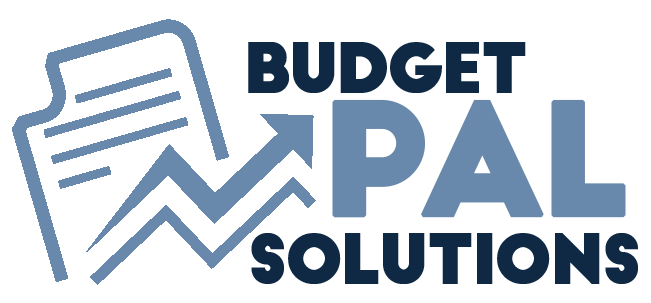Struggling to find a way out of your overwhelming debt? Look no further! Debt settlement could be the solution you’ve been searching for. By carefully evaluating your financial situation and exploring all available choices, you can make an informed decision and take the necessary steps towards achieving long-lasting financial stability. Take control of your finances today and leave the burden of debt behind.
Budget Pal Solutions we specialize in helping you save money, manage your finances, and stay afloat.
Sign up now and let us guide you towards a brighter, debt-free future.
Debt settlement is a debt relief strategy that involves negotiating with creditors to settle your debts for less than the total amount owed. While debt settlement can provide relief for individuals struggling with overwhelming debt, it’s essential to understand the process, potential risks, and alternatives before pursuing this option. In this blog post, we’ll explore the key aspects of debt settlement and what you need to know before deciding if it’s the right solution for you.
How Debt Settlement Works:
Debt settlement typically involves working with a debt settlement company or negotiating directly with creditors to reach a settlement agreement. The process typically begins with the debtor stopping payments to creditors and instead, saving money in a designated account to accumulate funds for settlement offers. Once enough funds have been saved, the debt settlement company or individual negotiates with creditors to settle the debts for a lump sum payment that is less than the total amount owed. If successful, the debtor can resolve their debts for less than the original balance.
Potential Benefits of Debt Settlement:
- Reduction of Total Debt: Debt settlement offers the opportunity to reduce the total amount of debt owed, potentially saving the debtor thousands of dollars.
- Faster Debt Resolution: Debt settlement can provide a faster path to debt relief compared to making minimum payments or pursuing other debt repayment strategies.
- Avoidance of Bankruptcy: For individuals facing financial hardship, debt settlement may offer an alternative to filing for bankruptcy, which can have long-term consequences for credit and financial stability.
Risks and Considerations:
- Impact on Credit Score: Debt settlement can have a negative impact on credit scores, as settled accounts may be reported as “settled” or “settled for less than the full balance” on credit reports.
- Tax Implications: The IRS may consider forgiven debt as taxable income, potentially resulting in additional tax liabilities for the debtor.
- Fees and Costs: Debt settlement companies often charge fees for their services, which can add to the overall cost of the debt settlement process.
- Creditor Cooperation: There is no guarantee that creditors will agree to settle debts for less than the full amount owed, and some creditors may pursue legal action to collect on delinquent debts.
Alternatives to Debt Settlement:
Before pursuing debt settlement, individuals should explore alternative debt relief options, including:
- Debt Management Plans: Working with a credit counseling agency to create a structured repayment plan that may include reduced interest rates and fees.
- Debt Consolidation: Combining multiple debts into a single loan with a lower interest rate, making repayment more manageable.
- Budgeting and Financial Counseling: Seeking assistance from financial professionals to develop a budget and financial plan for managing debt and expenses.

